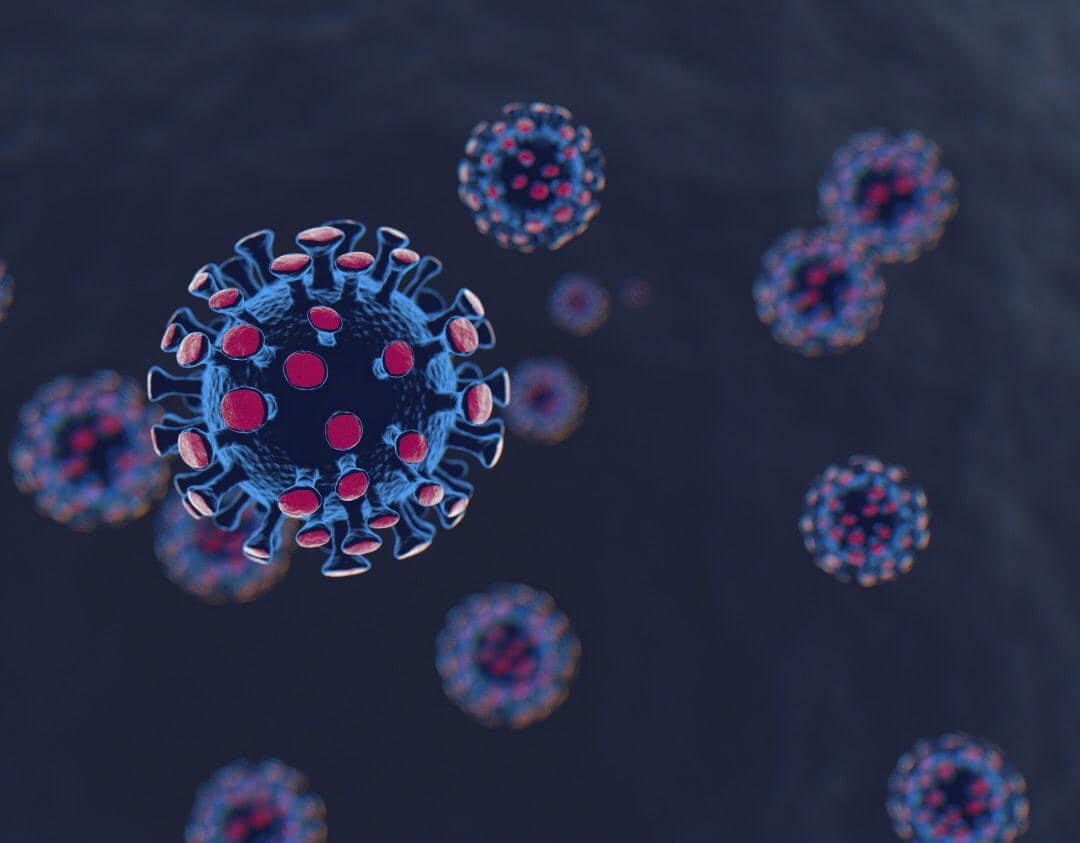
'Delta' variant of Coronavirus shows up in Ghanaian community
The Delta variant of the Coronavirus disease (COVID-19) has been recorded in a Ghanaian community, the Ministry of Information has confirmed.
The Indian strain of Covid-19 also known as 'Delta', which was first detected in India is more transmissible than the original variant.
It means that if the original COVID infected let's say 10 people for each infected person, this one will infect maybe 17 or 18 people.
The Ministry of Information in confirming the detection of the Delta variant in the general population in Ghana did not indicate which Ghanaian community but Graphic Online gathers it was recorded at a senior high school in Accra.
On June 22, 2021, the Ghana Health Service (GHS) confirmed that it had detected 'Delta' at the Ghana port of entry.
Advertisement
But that one was detected in travelers who arrived in Ghana.
As of then, it had not been detected in the general population and that it was six Delta variants of the SARS-CoV-2 from all samples taken between April and June, 2021 at the ports of entry.
Read also: COVID-19 strain: India's 'Delta' of Coronavirus shows up in Ghana
General population detection
But on Friday, July 2, 2021, the Ministry of Information explained that at 10:00am on Friday, the Covid-19 task force was advised by the Ghana Health Service that the Delta Variant of the SARS-Cov-2 virus has been recorded within a community (i.e. non-arriving passengers) in the latest round of genomic sequencing.
It said the relevant agencies are taking the necessary steps to ensure that spread is contained.
It added that the positive persons are in good health.
The task force will provide further details at 1pm on Sunday July 4, 2021,
It advised the general public to adhere strictly to the Covid-19 preventive etiquette while going about permitted activities.
Graphic Online gathers the positive cases were recorded in a senior high school in Accra.
Delta more transmissible
What is different in the genetic make up is that the Delta variant is more transmissible than the original variant.
It means that if the original COVID infected let's say 10 people for each infected person, this one will infect maybe 17 or 18 people.
Biomedical scientists have explained that if you look at the data from all the different countries, it is the Pfizer vaccine that is able to have a more reliable effect on the newer variants in terms of all levels of protection - from hospitalisation, from death, from infection.
The Pfizer vaccine seems to be doing better with these new variant in those different levels of protection, according to the scientists.
The other vaccines give assurance of protection against hospitalisation, from death, severe disease and infection and that the different vaccines provides different levels of protection.
Tracking SARS-CoV-2 variants
According to the WHO, all viruses, including SARS-CoV-2, the virus that causes COVID-19, change over time.
Most changes have little to no impact on the virus’ properties.
However, some changes may affect the virus’s properties, such as how easily it spreads, the associated disease severity, or the performance of vaccines, therapeutic medicines, diagnostic tools, or other public health and social measures.
WHO, in collaboration with partners, expert networks, national authorities, institutions and researchers have been monitoring and assessing the evolution of SARS-CoV-2 since January 2020.
During late 2020, the emergence of variants that posed an increased risk to global public health prompted the characterisation of specific Variants of Interest (VOIs) and Variants of Concern (VOCs), in order to prioritise global monitoring and research, and ultimately to inform the ongoing response to the COVID-19 pandemic.
WHO and its international networks of experts are monitoring changes to the virus so that if significant mutations are identified, countries and the public can be informed about any changes needed to react to the variant, and prevent its spread.
Globally, systems have been established and are being strengthened to detect “signals” of potential VOIs or VOCs and assess these based on the risk posed to global public health.
SARS-CoV-2 Variants of Concern and Variants of Interest, updated 15 June 2021 by WHO
Variants of Concern
- Alpha (United Kingdom, Sep-2020)
- Beta (South Africa, May-2020)
- Gamma (Brazil, Nov-2020)
- Delta (India, Oct-2020)
Variants of Interest
- Epsilon (United States of America, Mar-2020)
- Zeta (Brazil, Apr-2020)
- Eta (Multiple countries, Dec-2020)
- Theta (Philippines, Jan-2021)
- Iota ( United States of America, Nov-2020)
- Kappa (India, Oct-2020)
- Lambda (Peru, Aug-2020)
Read also: COVID-19 strain: India's 'Delta' of Coronavirus shows up in Ghana
Writer’s email: enoch.frimpong@graphic.com.gh
